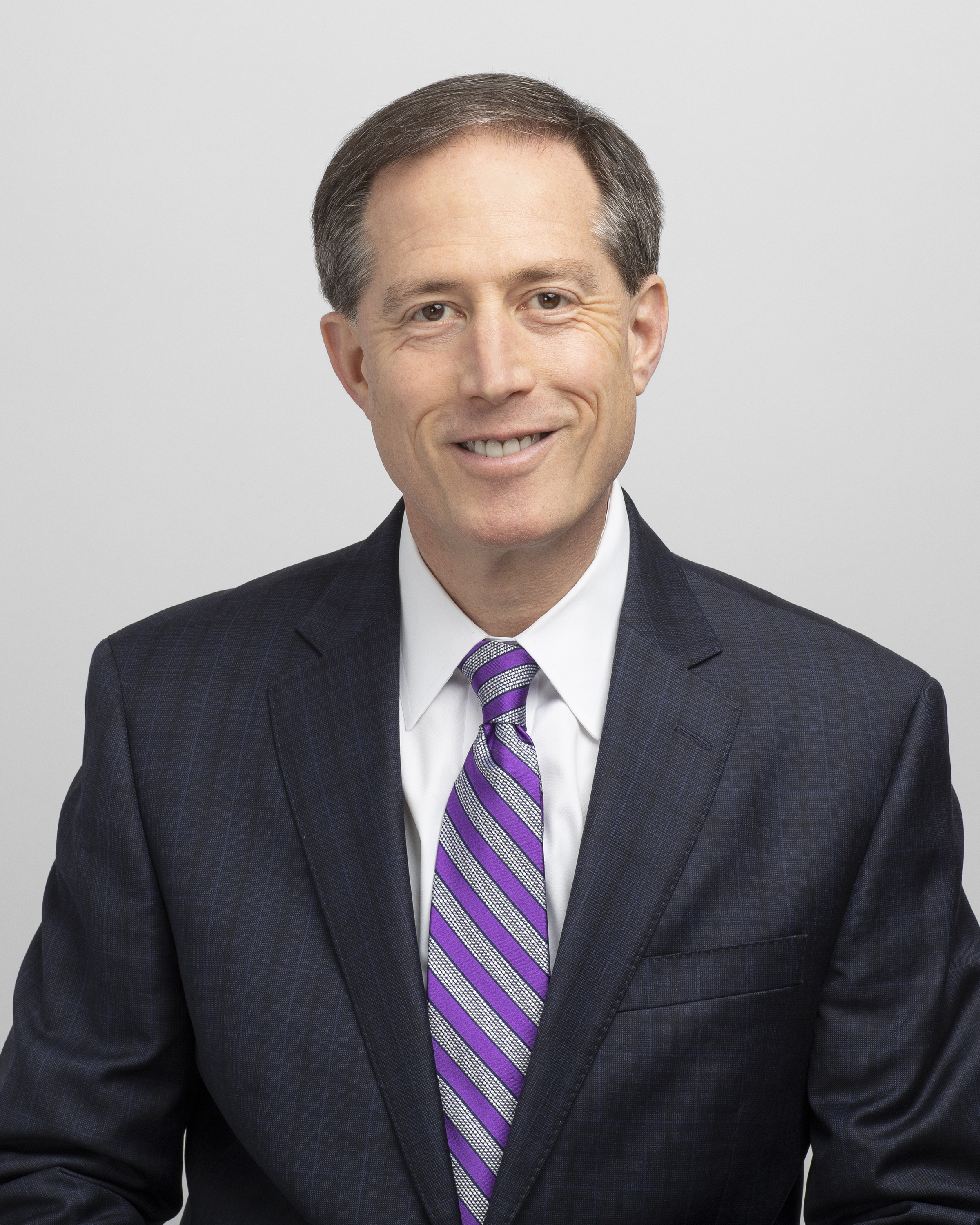ARTICLE SUMMARY:
In an interview with Market Pathways about the MDUFA V user fee agreement, CDRH Director Jeff Shuren defends the TPLC Advisory Program, notes with caution the lack of a workload adjustment for user fees, and still pines for more flexibility.
Jeff Shuren is a gung-ho supporter of the user reauthorization deal that is now moving through Congress. The FDA device director is particularly heartened that the final MDUFA V deal includes a pilot for the TPLC Advisory Program (TAP) that he has been championing for the past year as the best way to leverage lessons from COVID-19 to support broader innovation. And he looks forward to proving the benefits of the TAP framework to skeptics in industry and Congress.
But the new user fee framework, which is set to take effect October 1 assuming no hitches on Capitol Hill, is not without vulnerability. In particular, just as CDRH is coming out of perhaps the most taxing period of premarket review activity in its history, Shuren points with concern to the agreement’s lack of an automatic mechanism for adjusting fees in response to unexpected spikes in review workload. FDA raised the prospect of a “capacity adjustor” during the course of the MDUFA V negotiations, but industry trade groups rebuffed the idea.
The user fee deal resulted from more than a year of talks with industry trade groups, extending months beyond a statutory deadline. The two sides ended up agreeing to $1.8-$1.9 billion dollars in user fees from fiscals years 2023 to 2027, a novel structure of add-on fees and conditional review goals based on FDA performance, and a growing emphasis on early-engagement activities for sponsors with programs like TAP and pre-submissions requests. Shuren recently spoke with Market Pathways about the MDUFA V deal. Here’s the conversation, edited for clarity.

